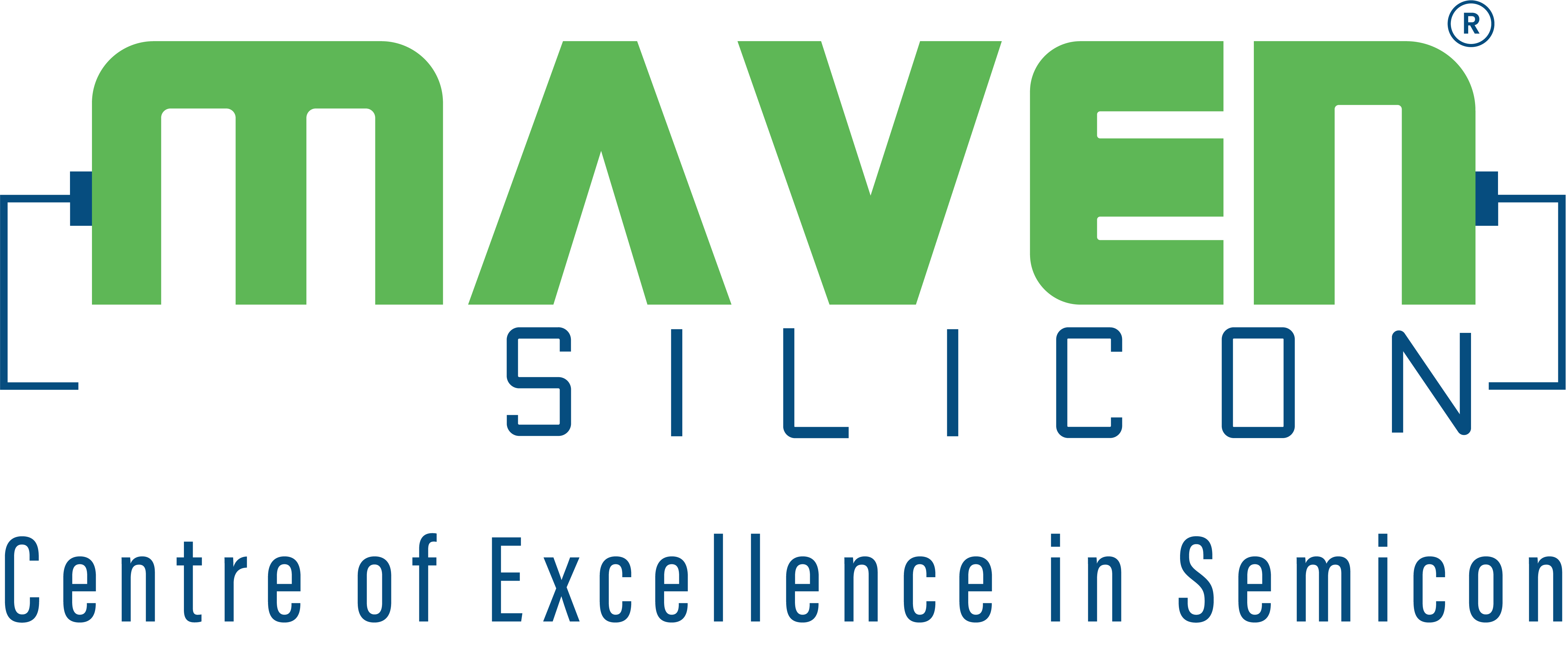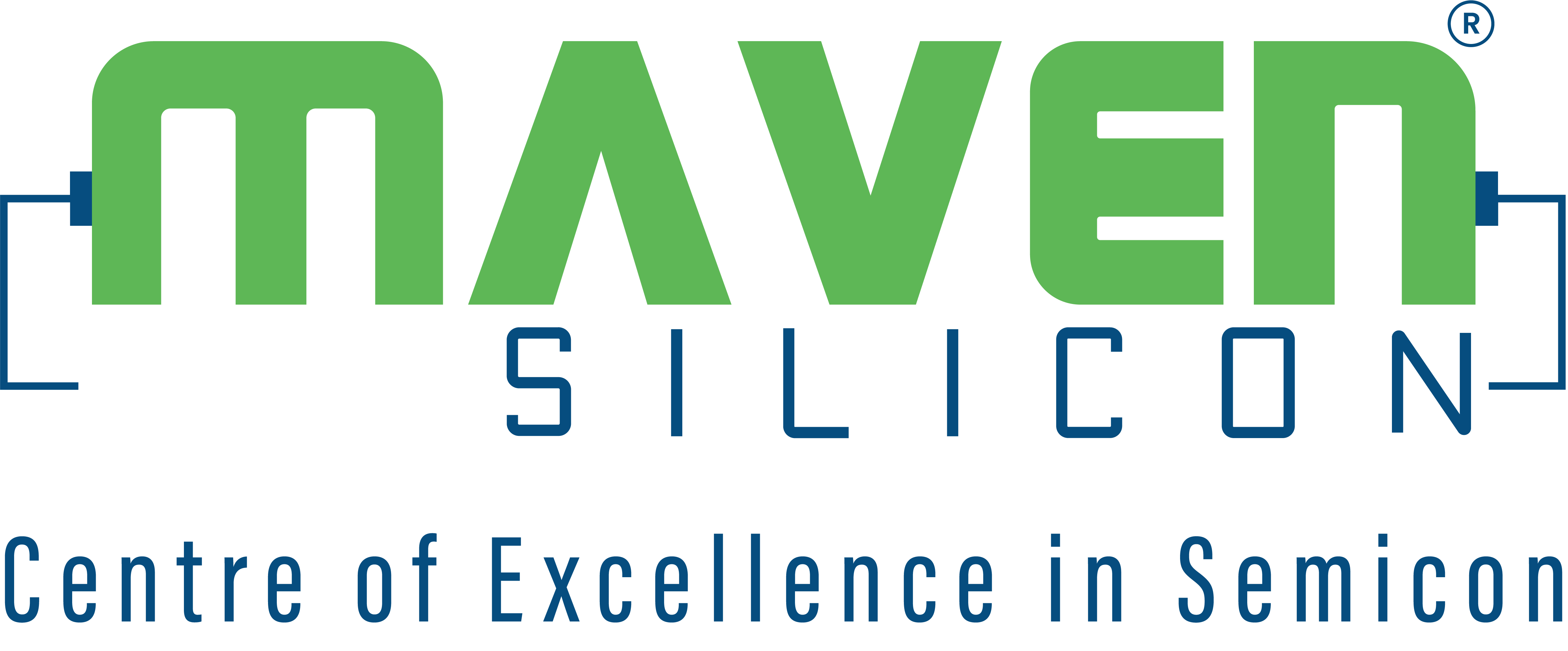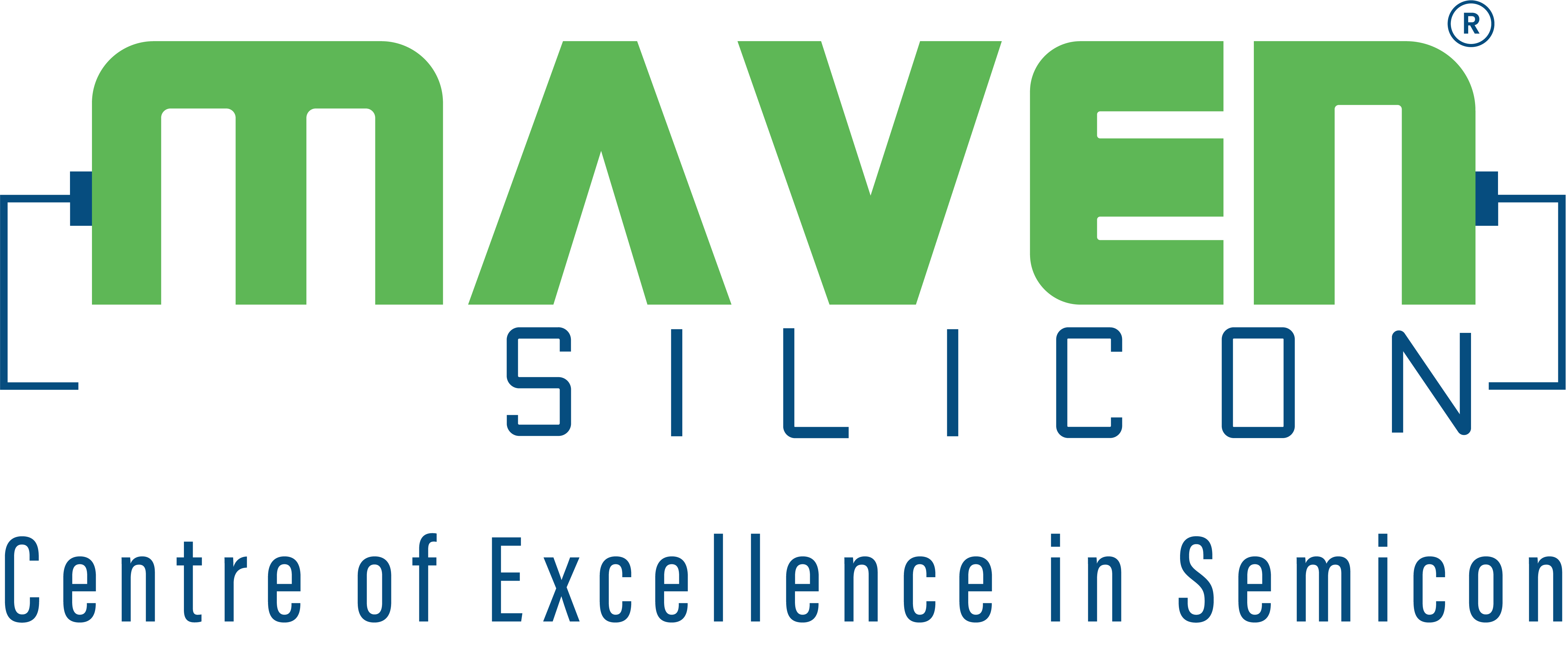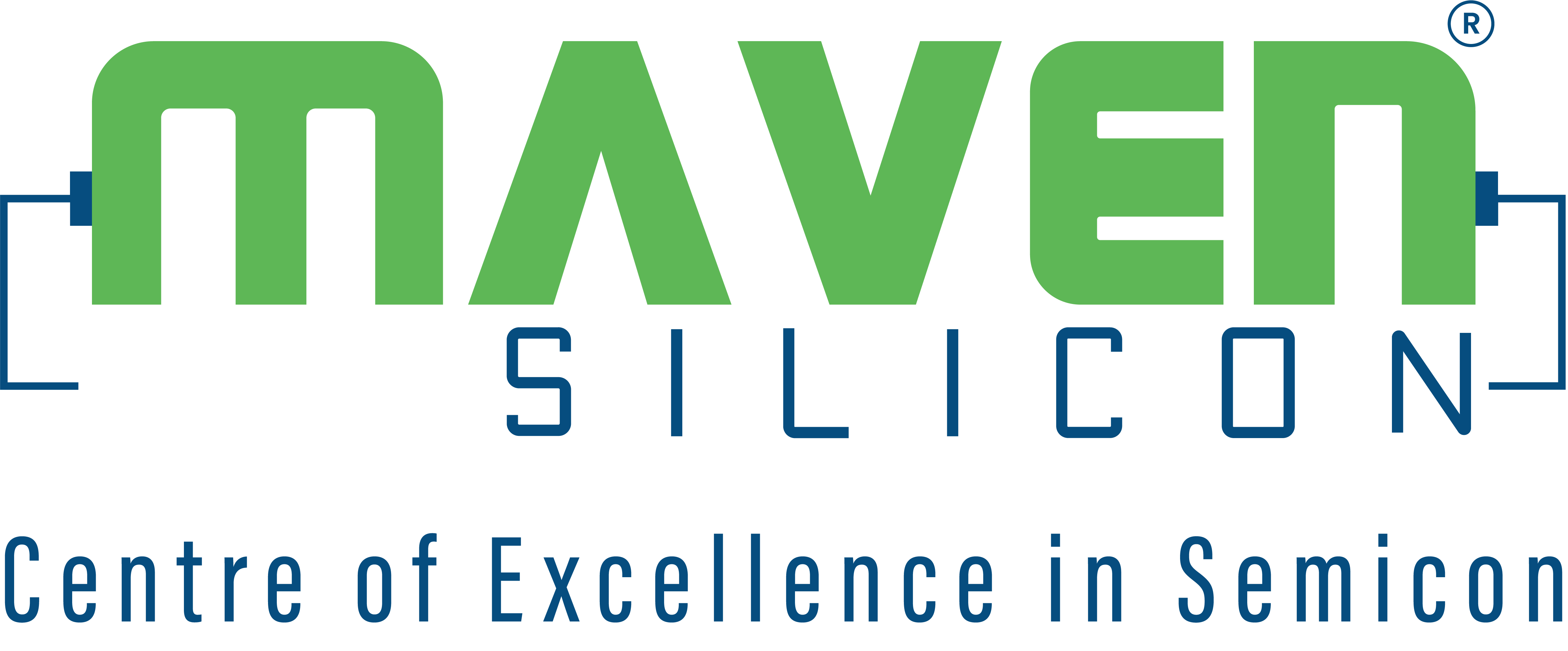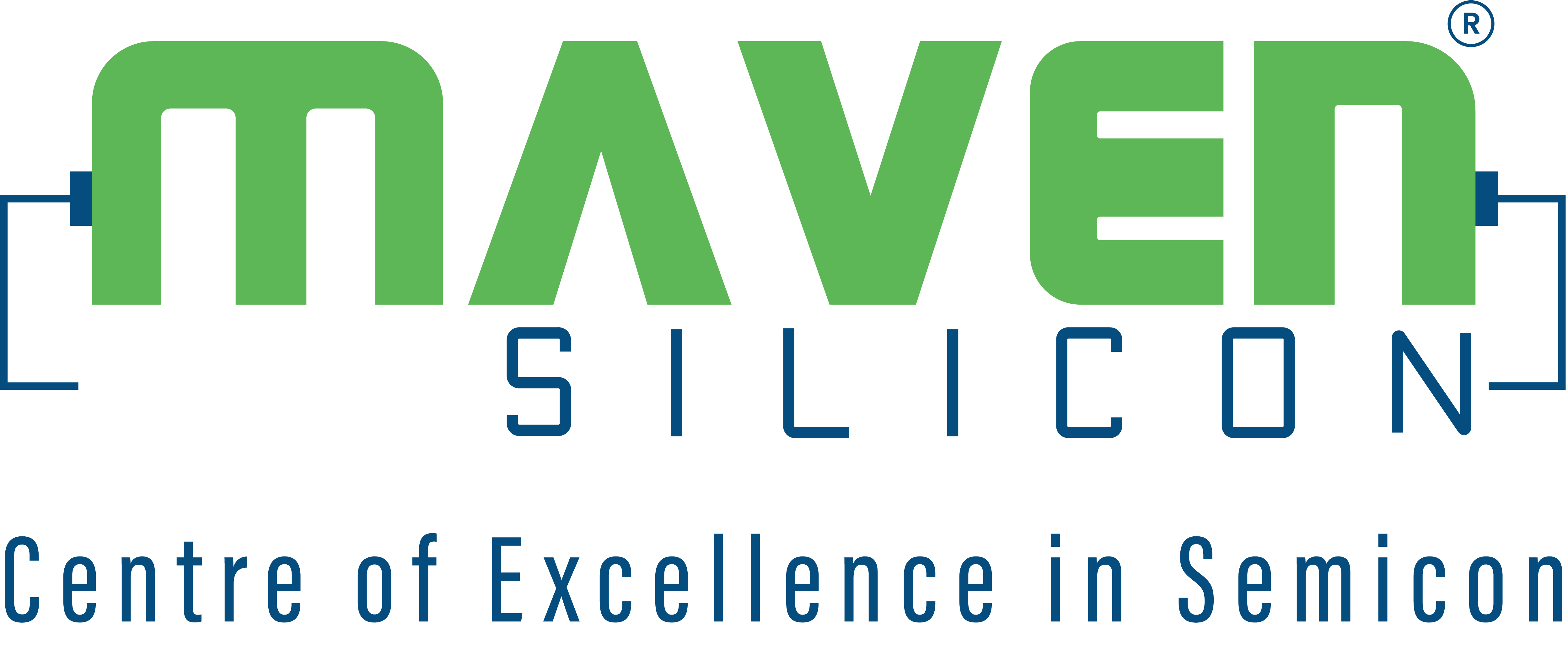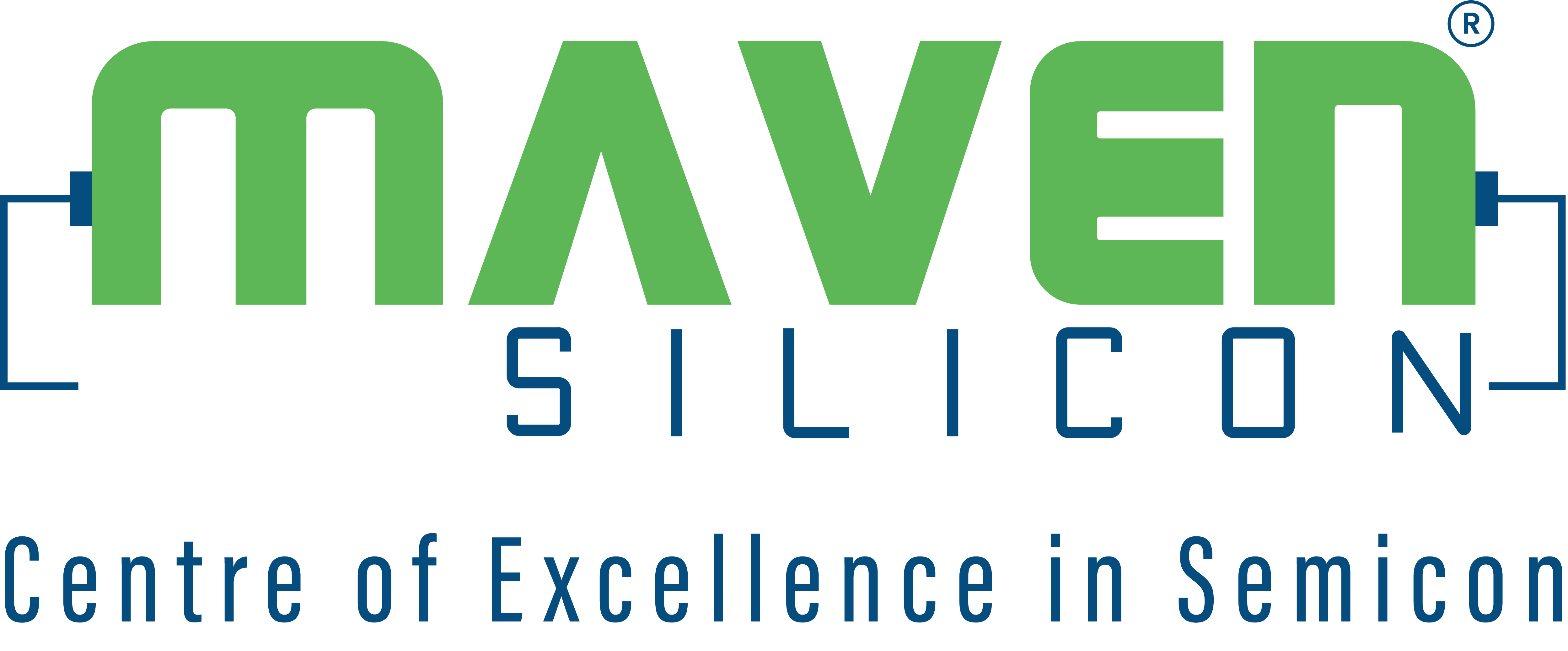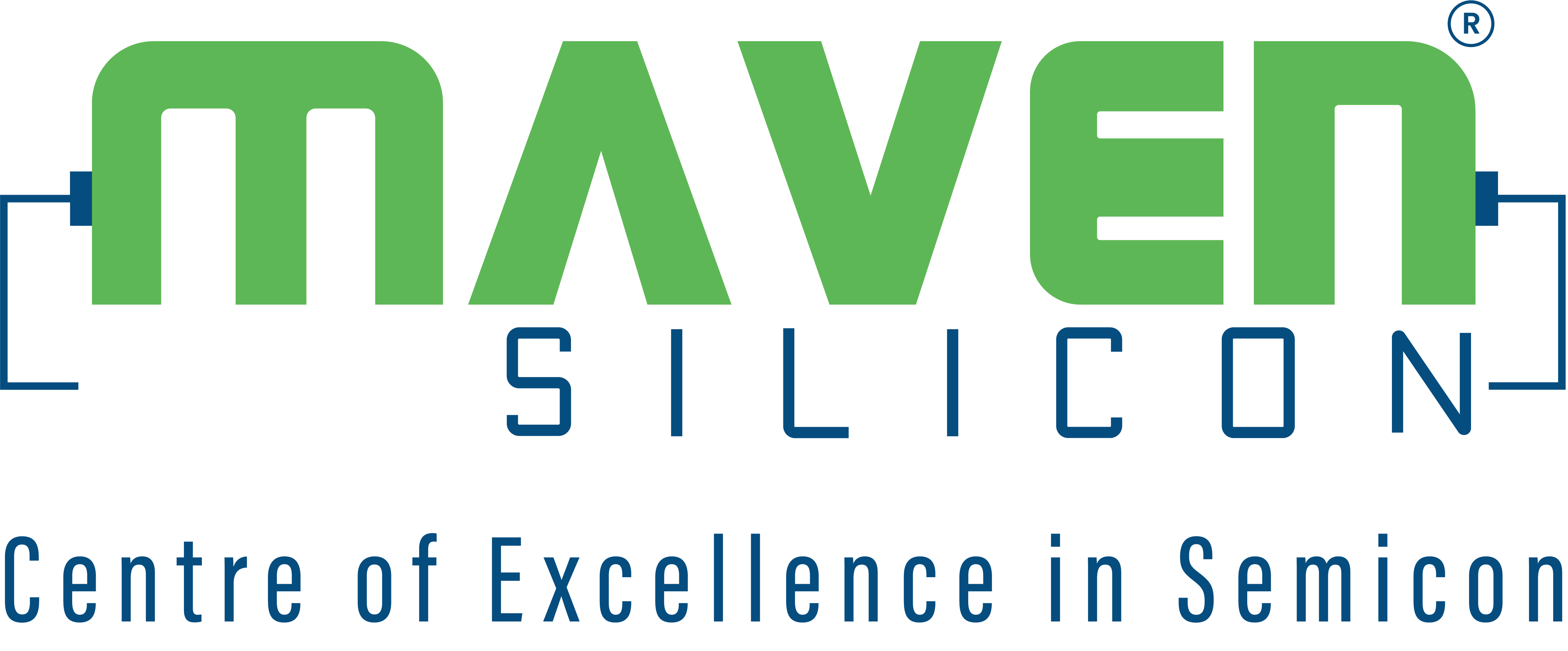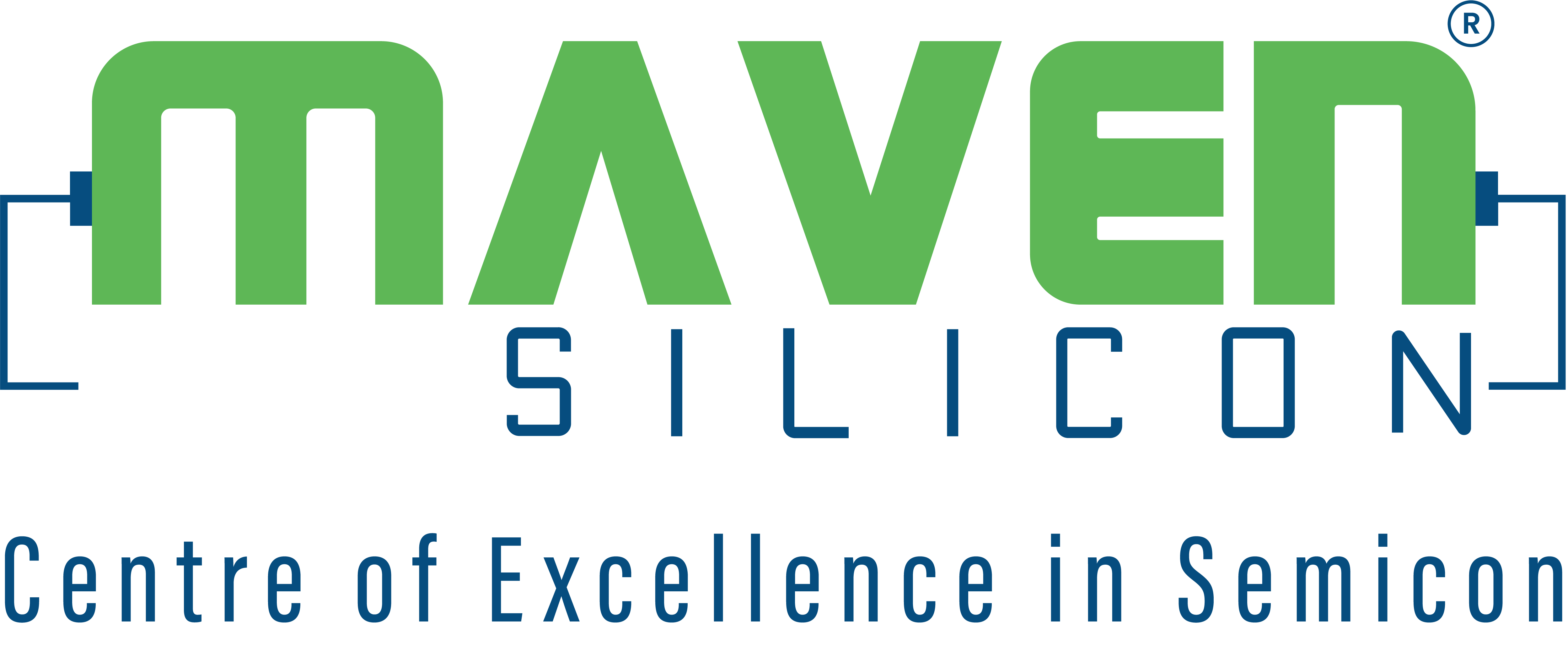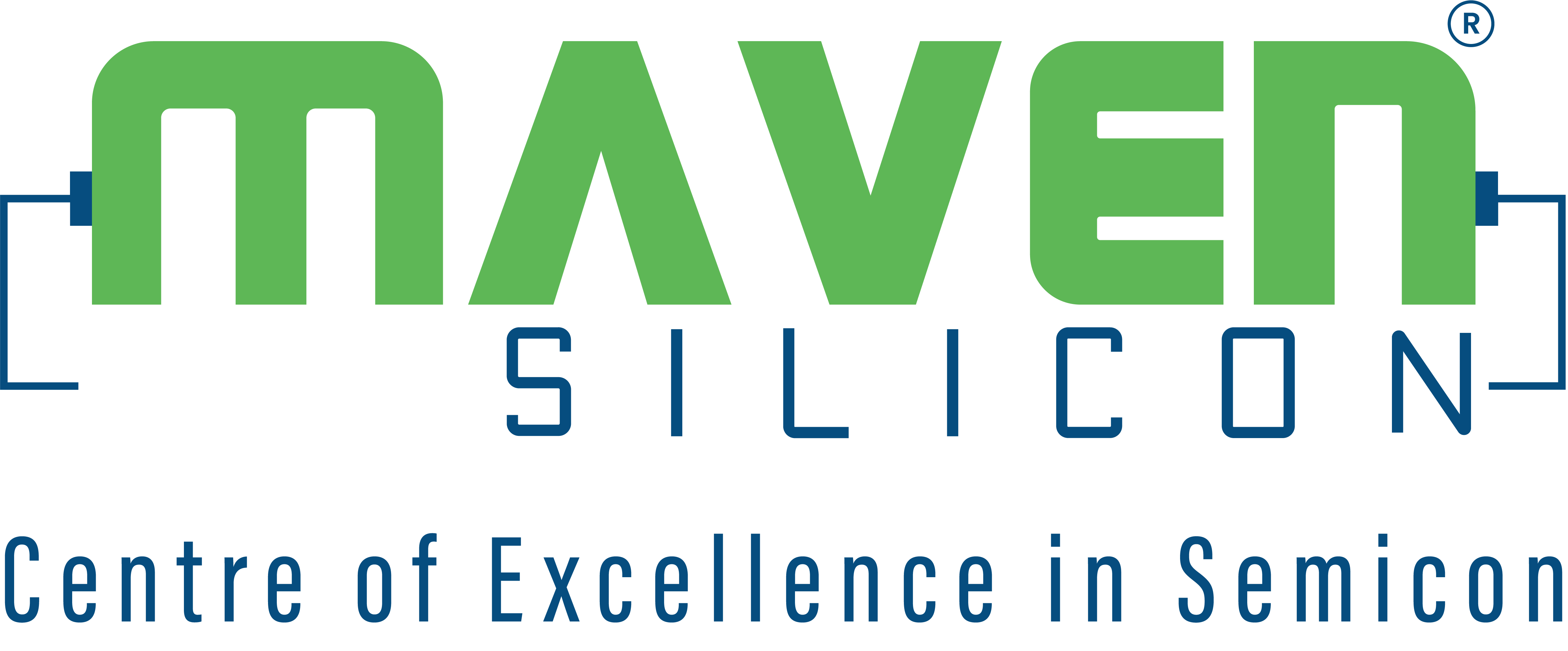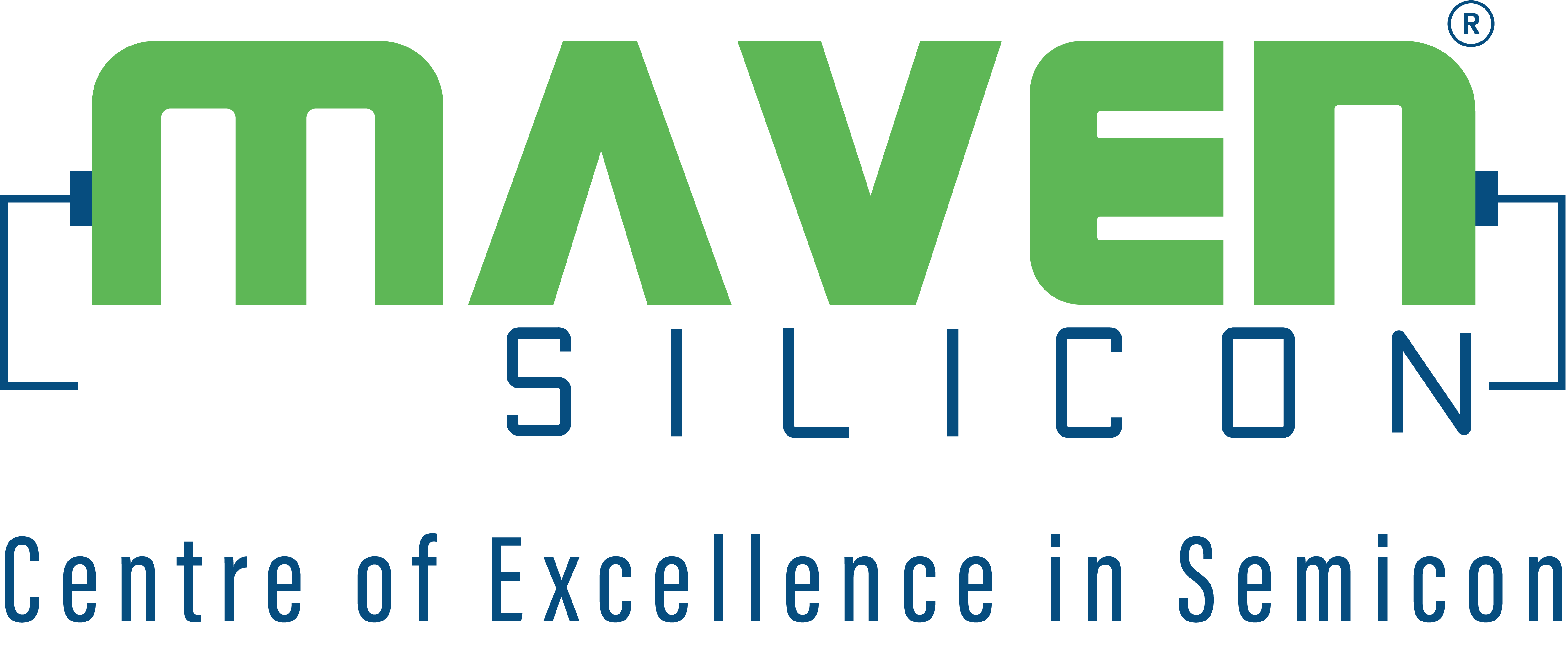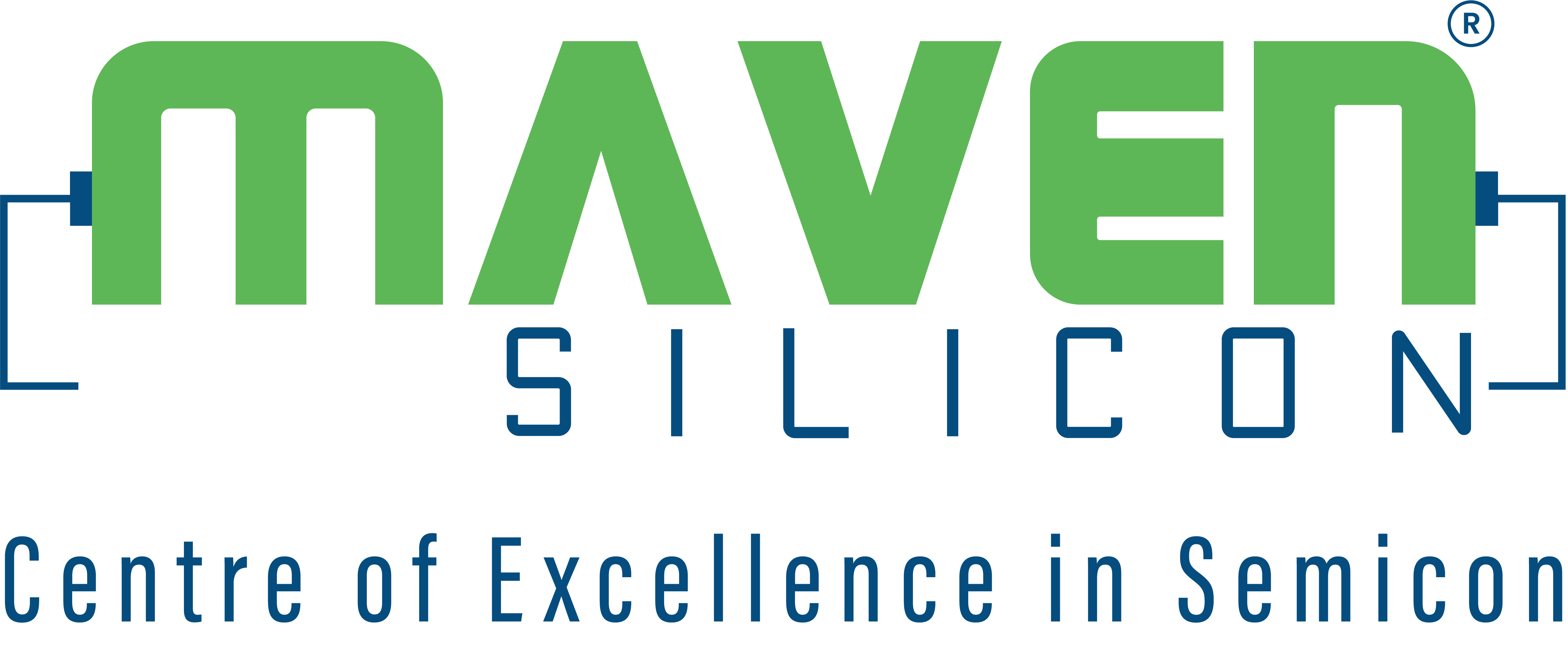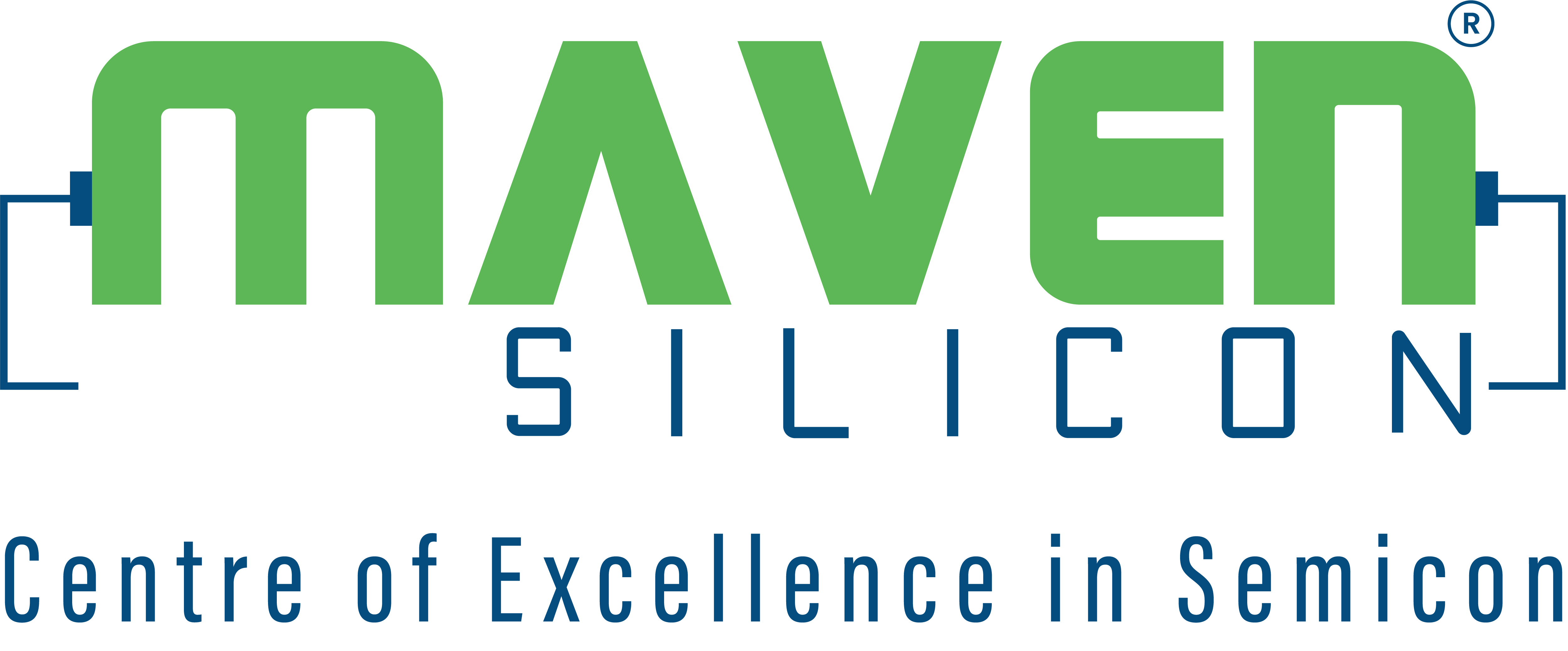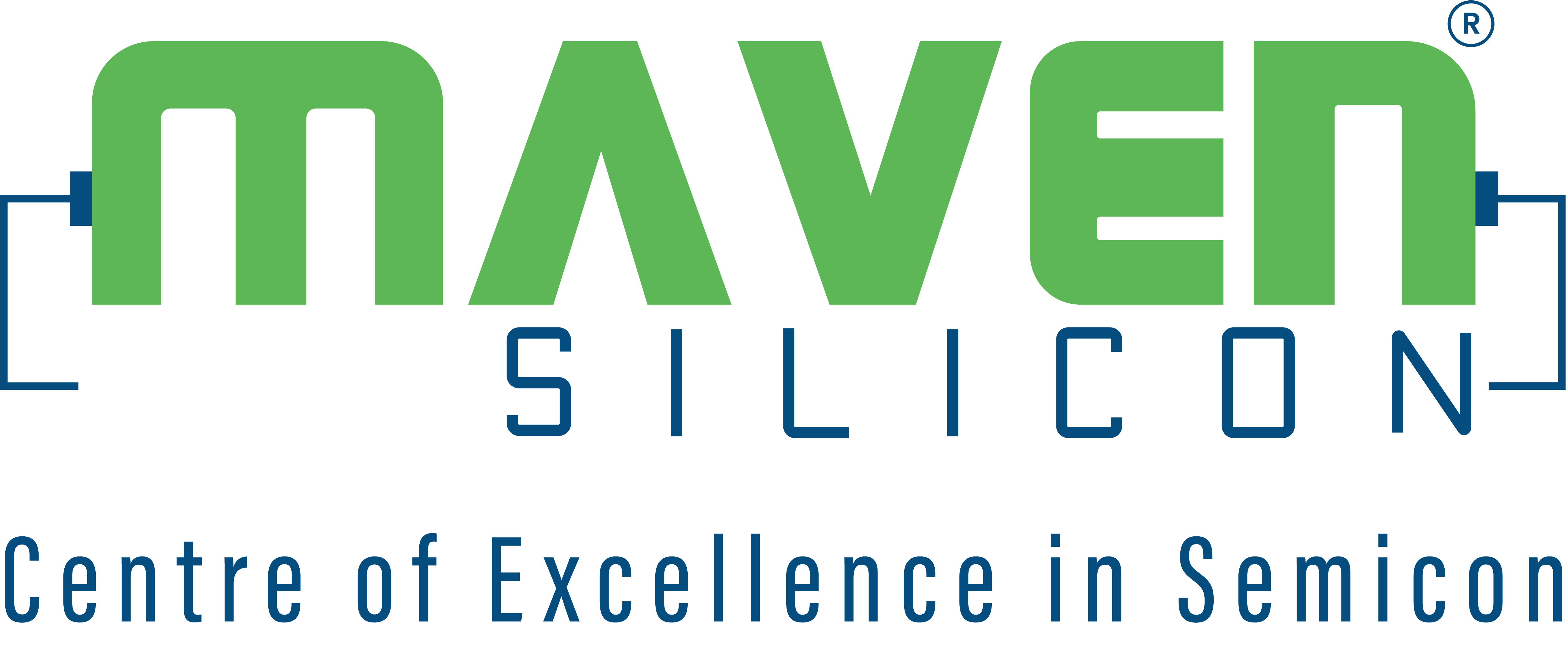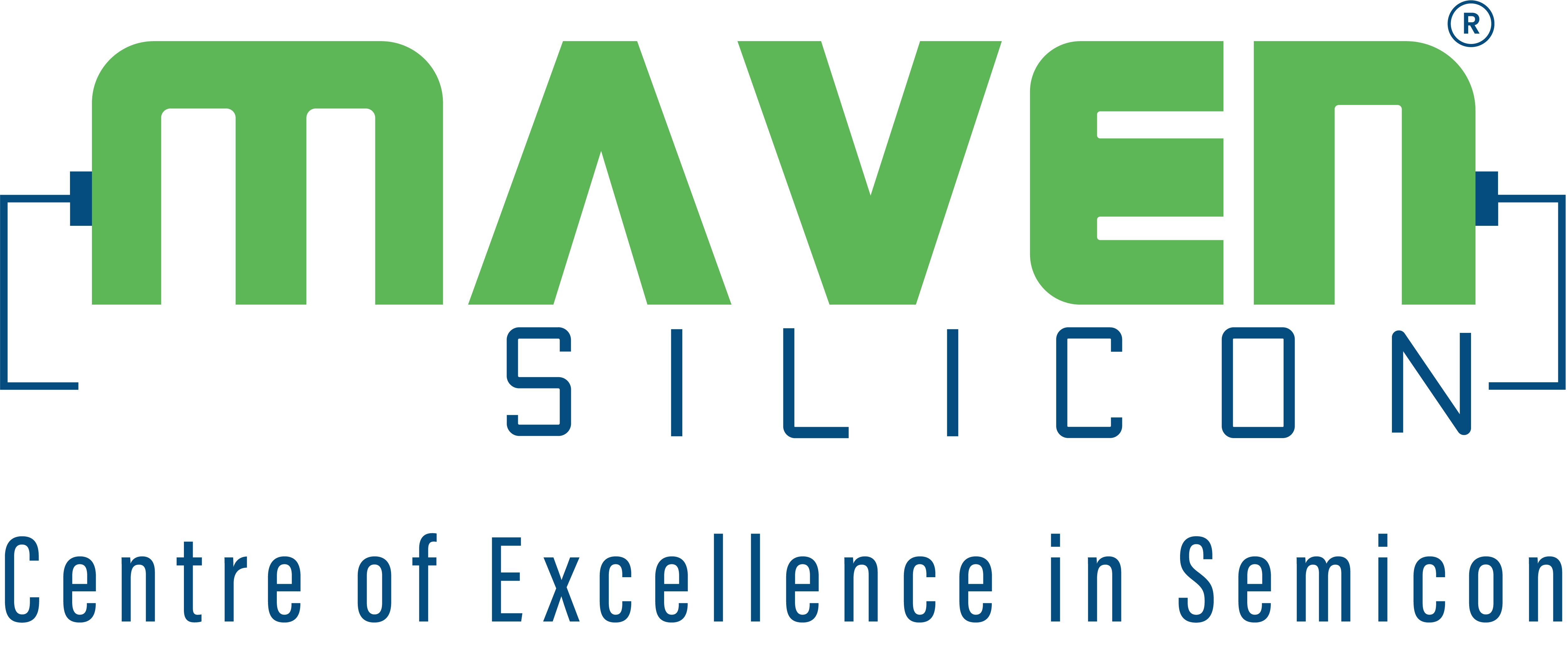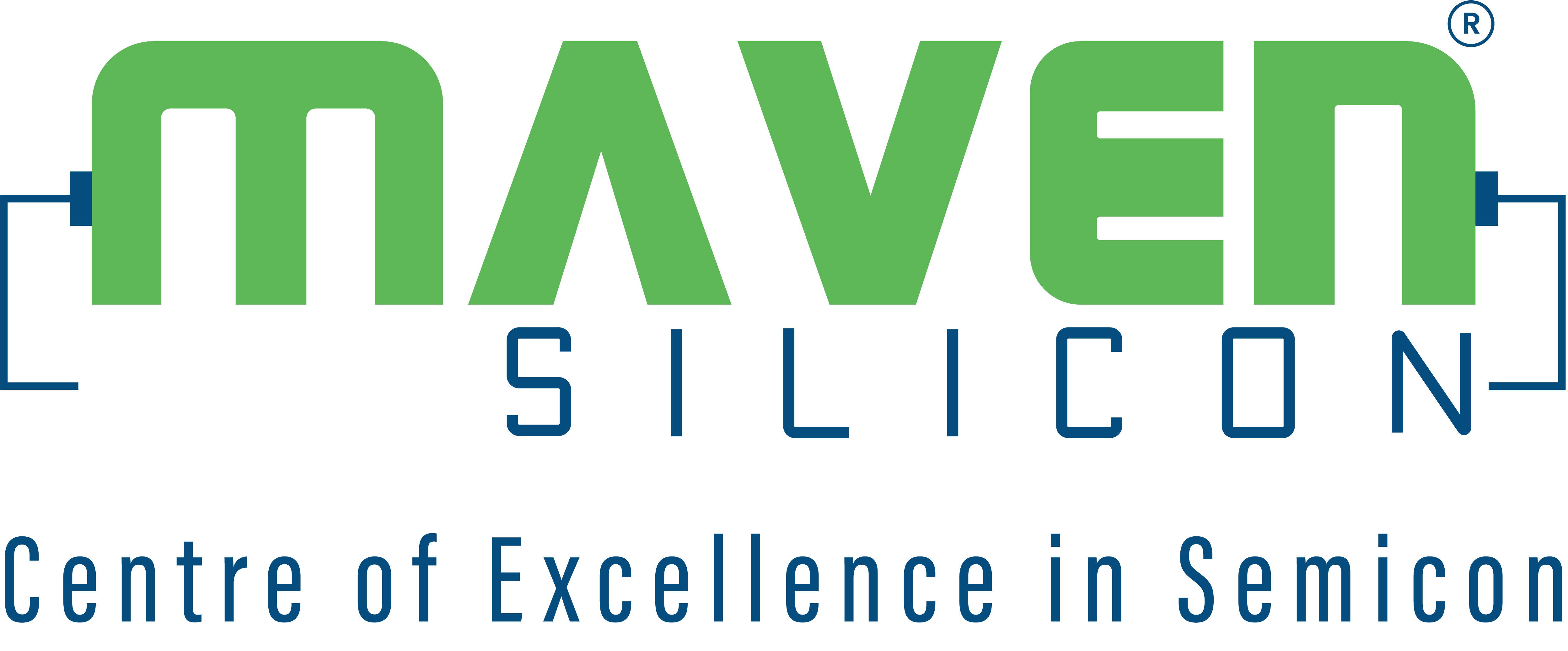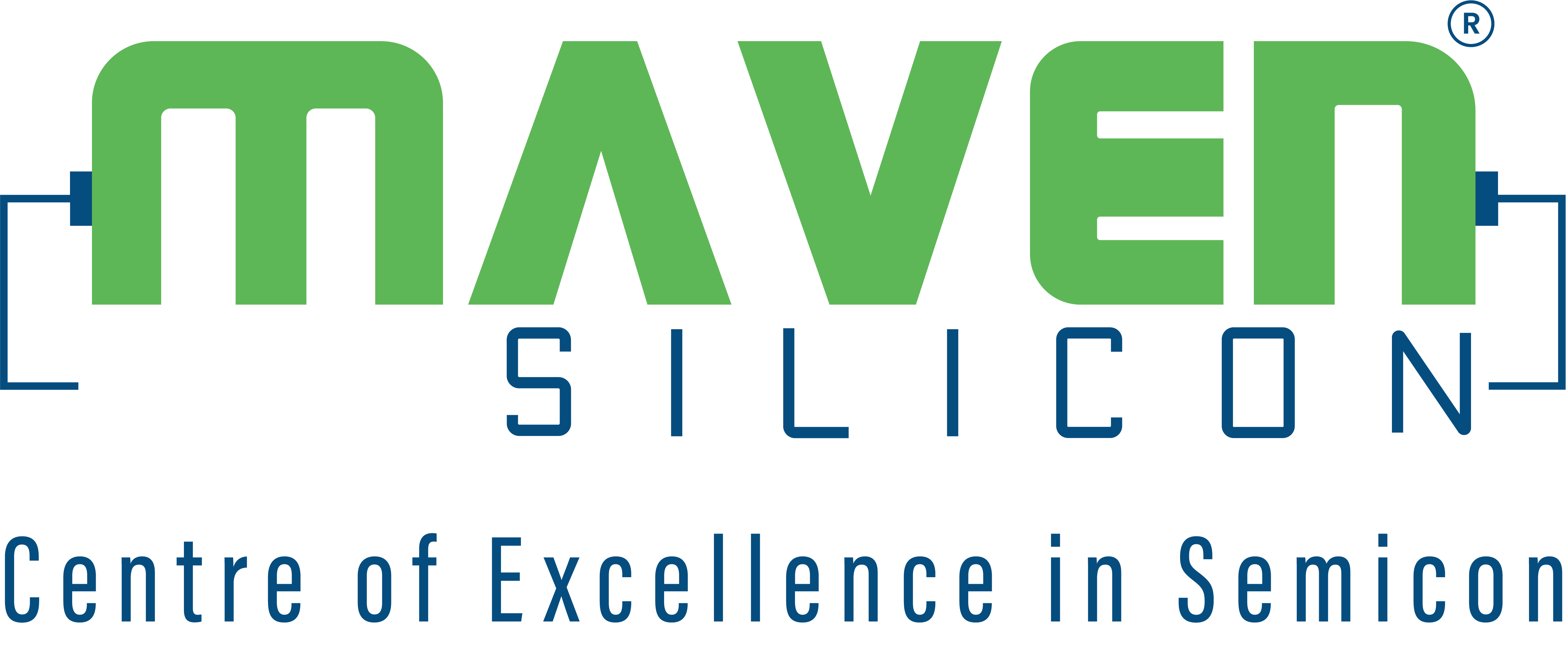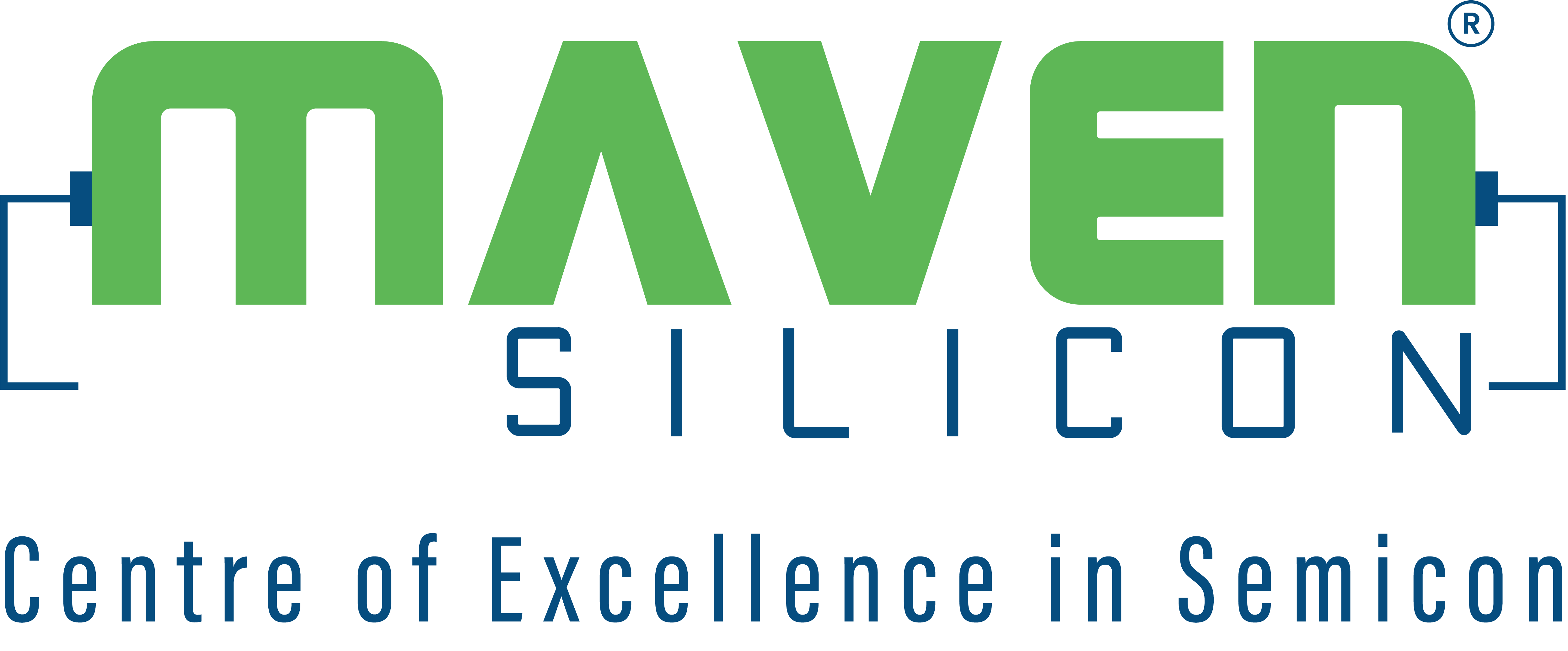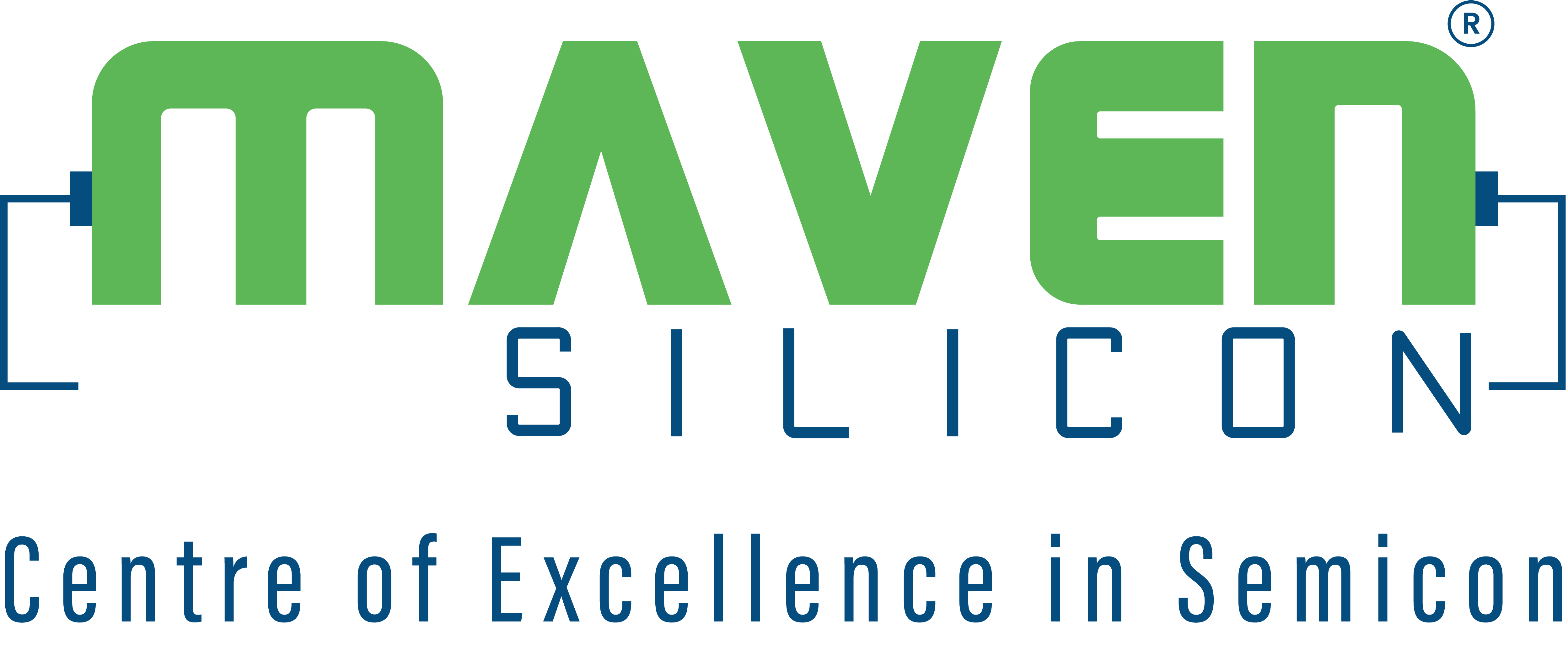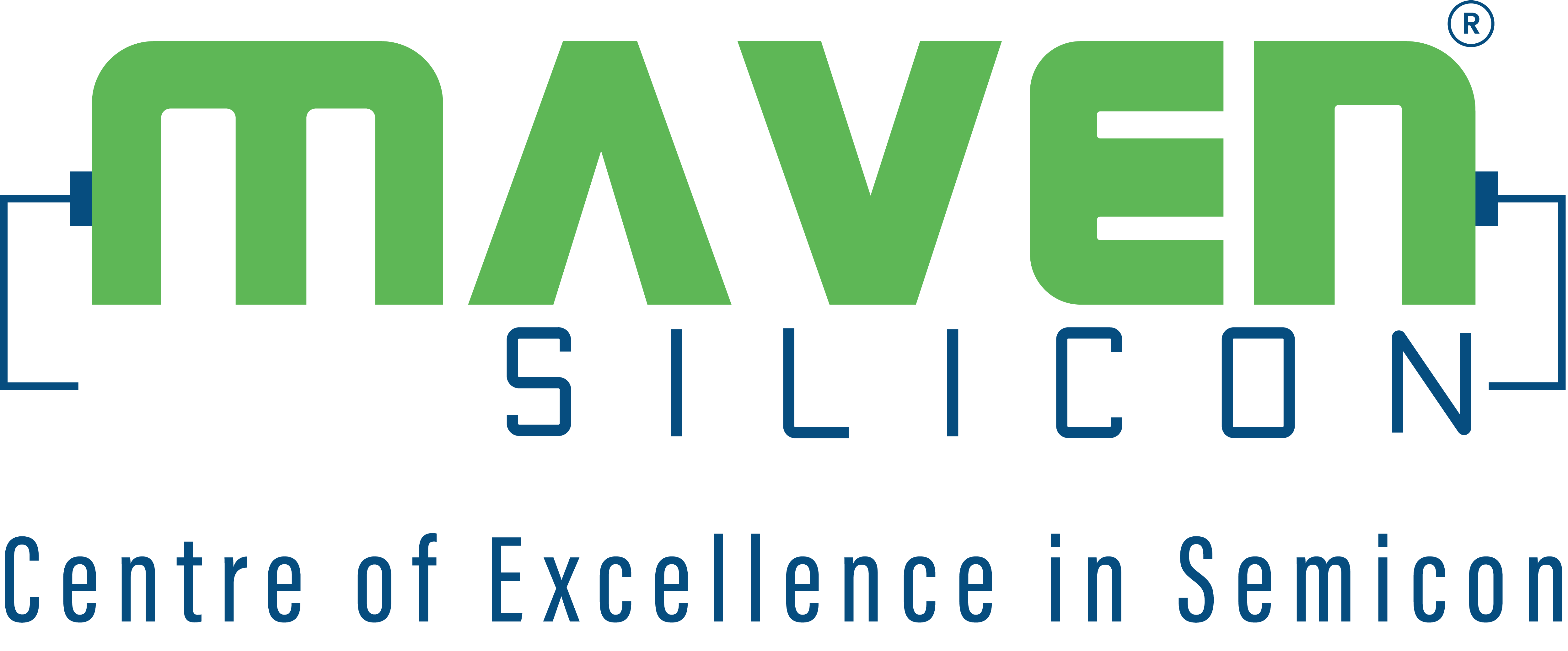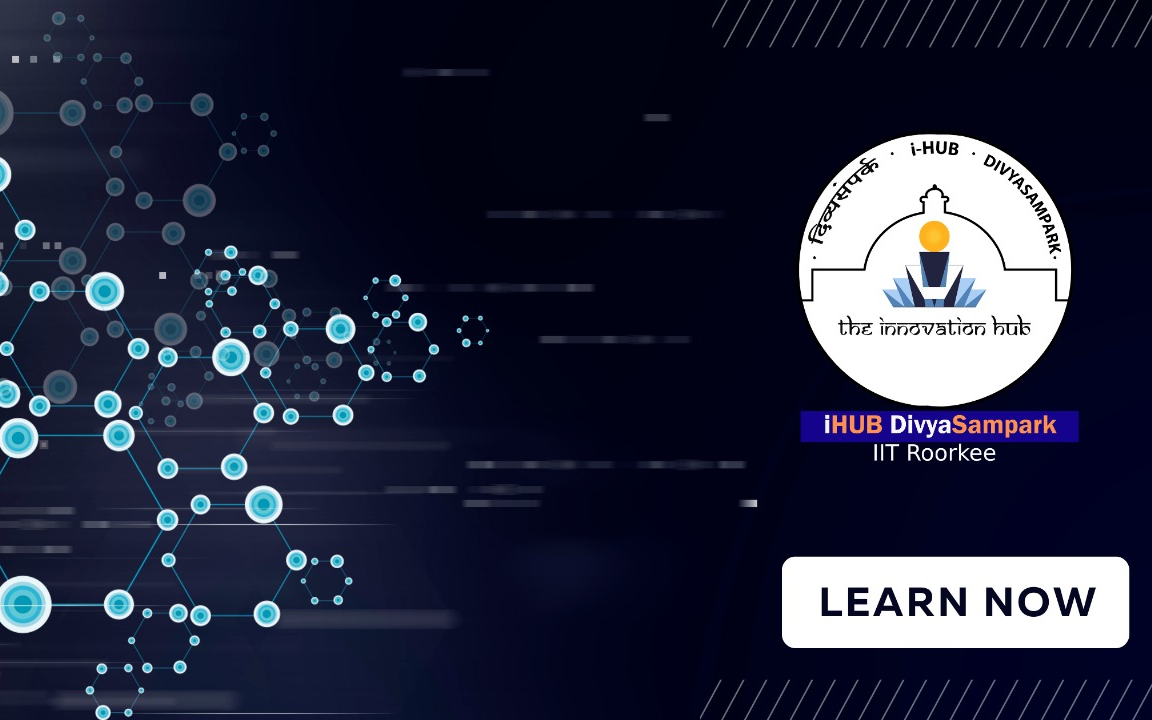
Executive Certification in Physical Design
About the Course:
In the AI era, chip designers are empowered with AI-powered EDA tools, silicon-proven IP libraries, and open computing solutions like RISC-V to design powerful SoCs efficiently. With these advancements, even the most complex SoCs can be implemented for next-generation electronic products. However, achieving timing closure, power optimization, and area efficiency in physical design is critical for first-pass silicon success. This is the right time for chip designers and VLSI enthusiasts to explore ASIC Physical Design methodologies—covering the complete flow from RTL to GDSII, including synthesis, floorplanning, placement, clock tree synthesis, routing, timing analysis, power optimization, and sign-off techniques for successful tape-outs.
This course provides a comprehensive foundation in VLSI Physical design and verification. Learners begin with an overview of VLSI, Moore’s Law, SoC architecture, and design flows, followed by digital logic fundamentals such as number systems, combinational and sequential circuits, FSMs, and memory design. The course advances into practical hardware design and verification using Verilog HDL programming – coding styles, FSM design, and lab exercises. It then walks you through device physics and CMOS fundamentals including MOSFET operation, CMOS fabrication, and circuit layout.
The DFT module covers verification testing, ATPG, scan insertion, and fault modelling, while automation skills are developed with Tcl and Python scripting. Students also learn version control with Git, before progressing to the ASIC physical design flow, including floor planning, placement, CTS, routing, STA, layout compaction, and physical verification (DRC, LVS, IR drop, EM). Advanced topics such as signal integrity, low-power verification with UPF, and power-aware checks are included, ensuring learners gain end-to-end expertise from RTL coding to Chip tapeout with strong hands-on exposure through structured labs and industry-aligned projects.
Our Students Rate This Course
Trainer
Program Fee
Rs 2,00,000 + GST
Available Seats
100
Schedule
9 Months
Only Few Seats Left
Reviews
Testimonials
NEWS & UPDATES
Career Transitions
55% Average Salary Hike
$1,27,000 Highest Salary
800+ Career Transitions
300+ Hiring Partners
Who Can Apply for the Course?
- Anyone with a bachelor’s degree and a passion for VLSI
- Professionals looking to grow their career in VLSI
- Any IT Professional with a bachelor’s degree looking to transition into VLSI design and semiconductor technologies
- Project/Product Managers aiming to transition into or deepen their understanding of VLSI and chip design
- Engineers who aspire to use industry-standard EDA tools and build their own chips from concept to layout

About Program
At iHUB DivyaSampark, we are driven by the belief that young, innovative minds have immense potential to transform the world. Our core mission is to develop highly knowledgeable human resources with top-order, industry-relevant skills.
Whether you are looking for a career transition, a significant salary hike, or to master specialized knowledge, our programs provide the mentorship and practical exposure needed to achieve successful career outcomes and help you secure roles with our network of 300+ hiring partners
Key Highlights
Our Alumni Work At
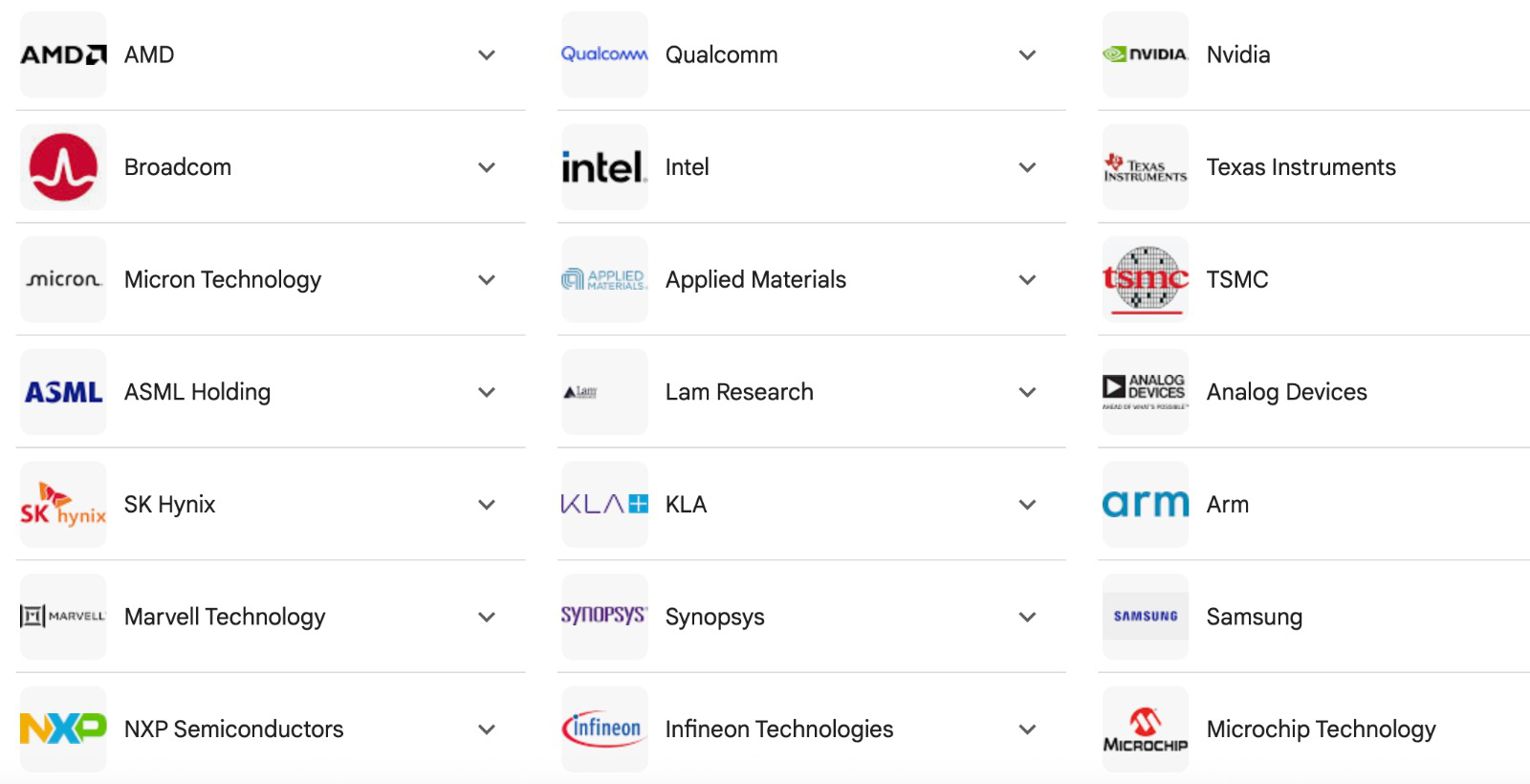
What is included in this course?
- Non-biased career guidance
- Counselling based on your skills and preference
- No repetitive calls, only as per convenience
- Rigorous curriculum designed by industry experts
- Complete this program while you work
I’m Interested in This Program
Courses
Other Courses You Might Be Interested In
Certificate
Rs. 65,000 + GST/-
Advanced Certification in Data Science and AI
Learn Data Science and AI from IIT Faculty with Campus Immersion @ IIT Roorkee
Certificate
Rs. ₹60,000 + GST*/-
Future-Ready Product Management with Applied AI Program
6 Months | 4-5 hours per week
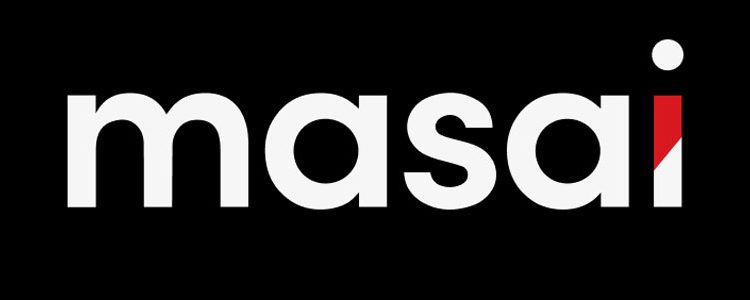 MASAI
MASAI
Certificate
Rs. 2,00,000 + GST/-
Executive Post Graduate Certification in VLSI SoC Design and Verification
12 Months
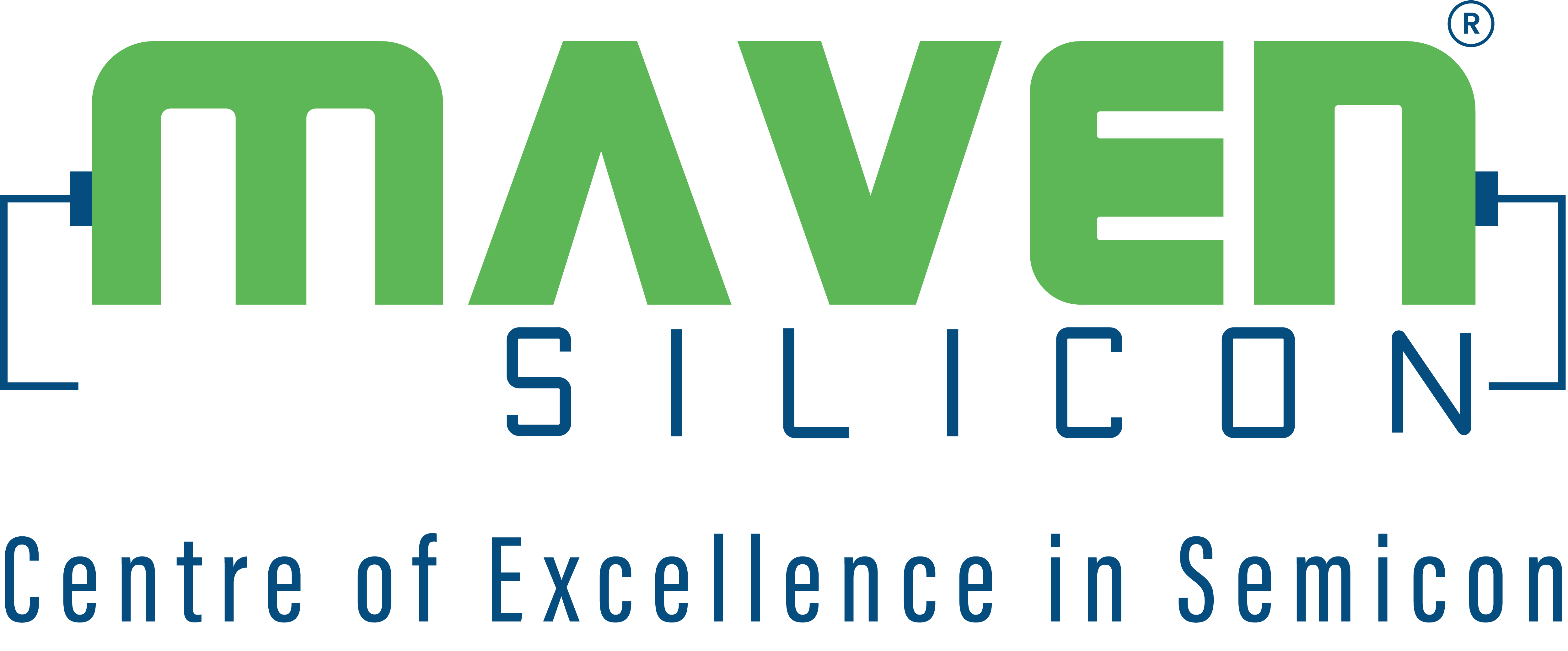 MAVEN silicon
MAVEN silicon


